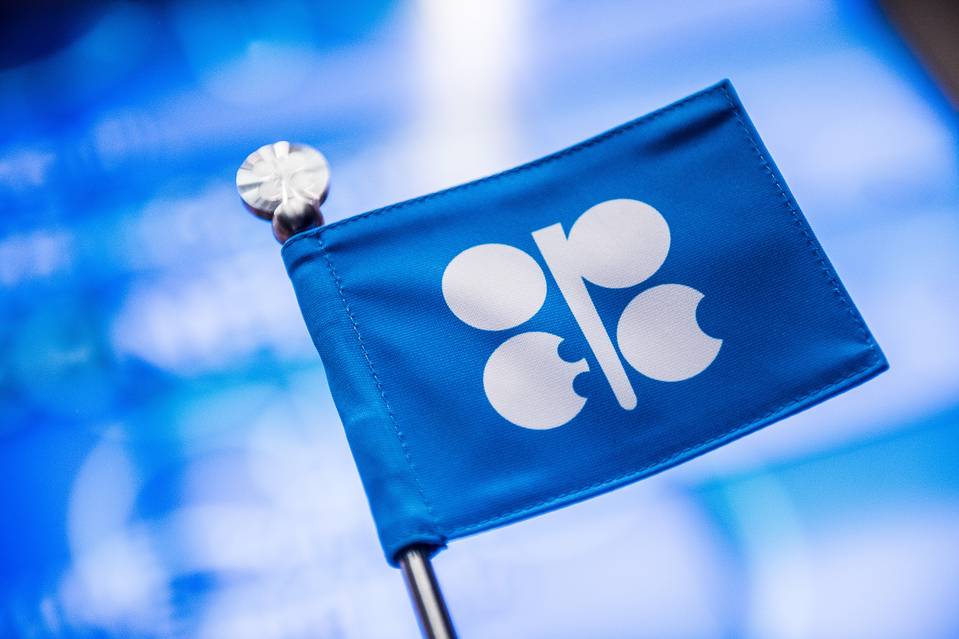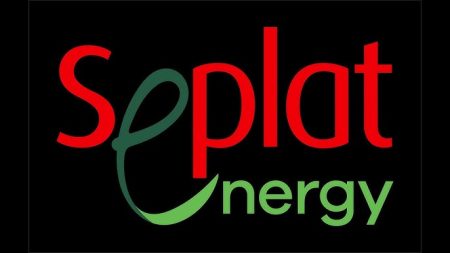
London — OPEC+ will likely stick to modest oil output rises when it meets on Wednesday, officials said, as OPEC heavyweights Saudi Arabia and the United Arab Emirates (UAE) recommit to their deal with Russia despite widening sanctions on Moscow and oil prices at eight-year highs.
Oil shot above $110 per barrel this week as Western sanctions on Russia for its invasion of Ukraine disrupted supply from Russia, the world’s second largest oil exporter, and caused problems with exports from neighbouring Kazakhstan.
The Organization of the Petroleum Exporting Countries (OPEC) and allies led by Russia – a group known as OPEC+ – have been raising output by 400,000 barrels per day (bpd) each month since August as they unwind cuts made after the pandemic slashed demand.
The United States has repeatedly said it would like to see OPEC+ increase by more.
Yet only a few countries have spare capacity, including de facto OPEC leader Saudi Arabia and its Gulf neighbour the UAE.
Riyadh has so far resisted U.S. calls to increase output more quickly than called for under the OPEC+ agreement.
At its last meeting on Feb. 2, OPEC+ agreed to increase output by 400,000 bpd for March, leaving it with 2.6 million bpd of cuts to unwind by the end of the September.
Four OPEC+ sources told Reuters on Tuesday the group would likely agree another 400,000 bpd increase for April.
The sources said Russia’s invasion of Ukraine – which it calls a “special operation” – had had no impact to date on the functioning of the supply agreement.
Saudi Arabia’s cabinet on Tuesday reaffirmed its commitment to the OPEC+ agreement, the Saudi state news agency said. read more
Russian President Vladimir Putin held a call with Abu Dhabi Crown Prince Sheikh Mohammed bin Zayed al-Nahyan on Tuesday. read more
The UAE, a close U.S. ally in the Middle East, abstained in a Feb. 25 vote on a draft United Nations Security Council resolution deploring Moscow’s action.
*Dmitry Zhdannikov; editing: Jason Neely – Reuters
Follow us on twitter



